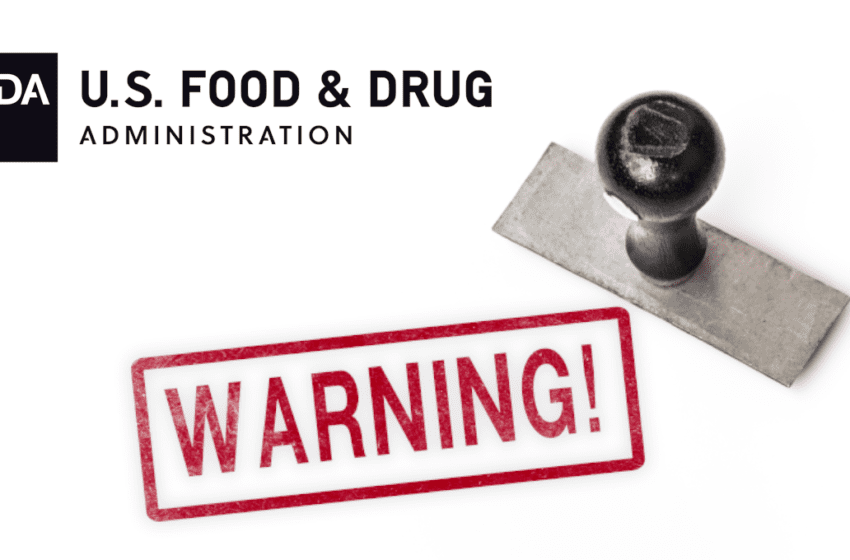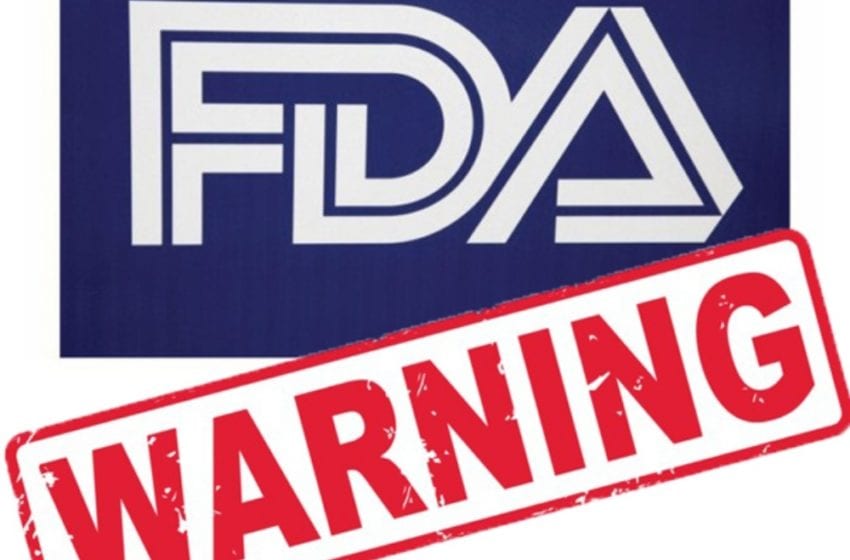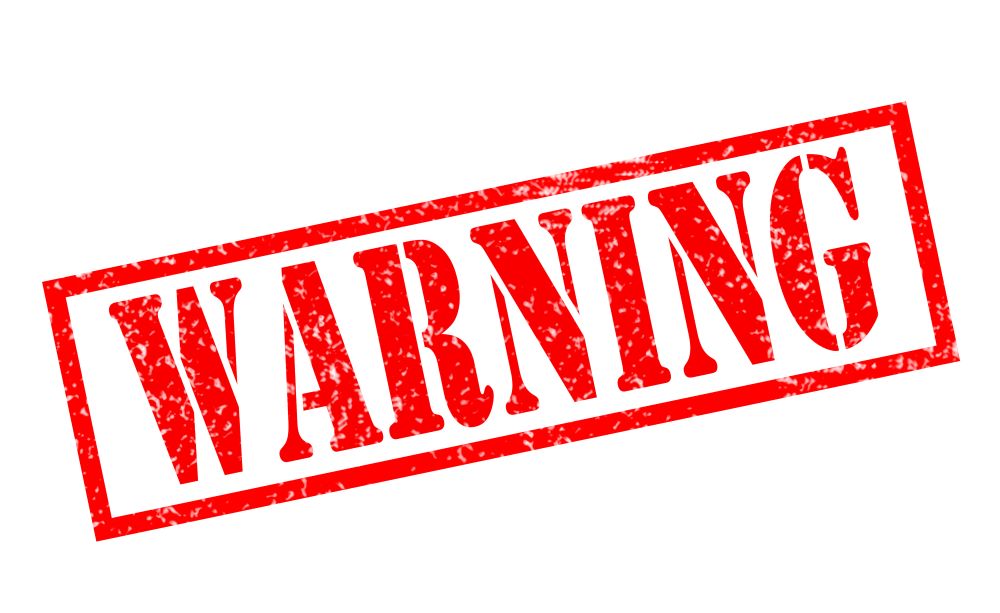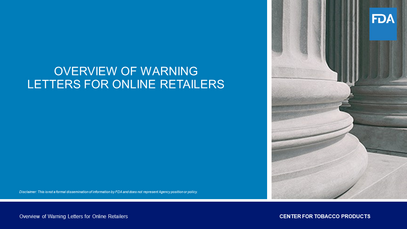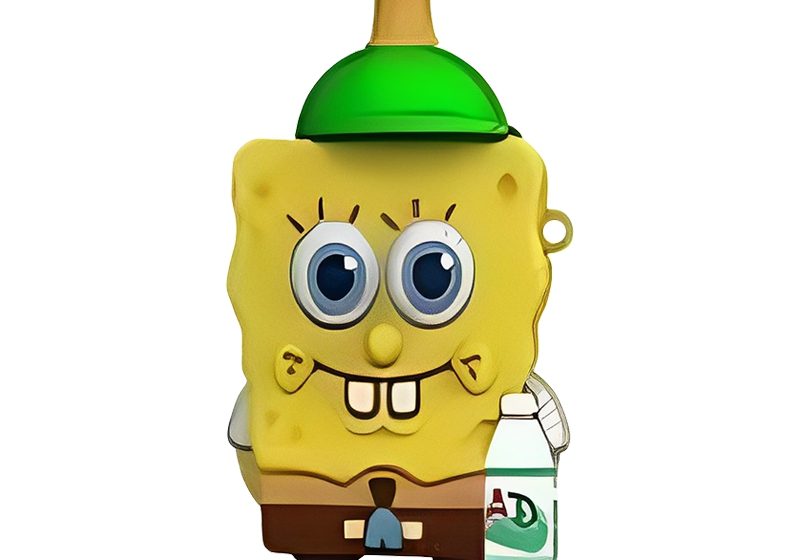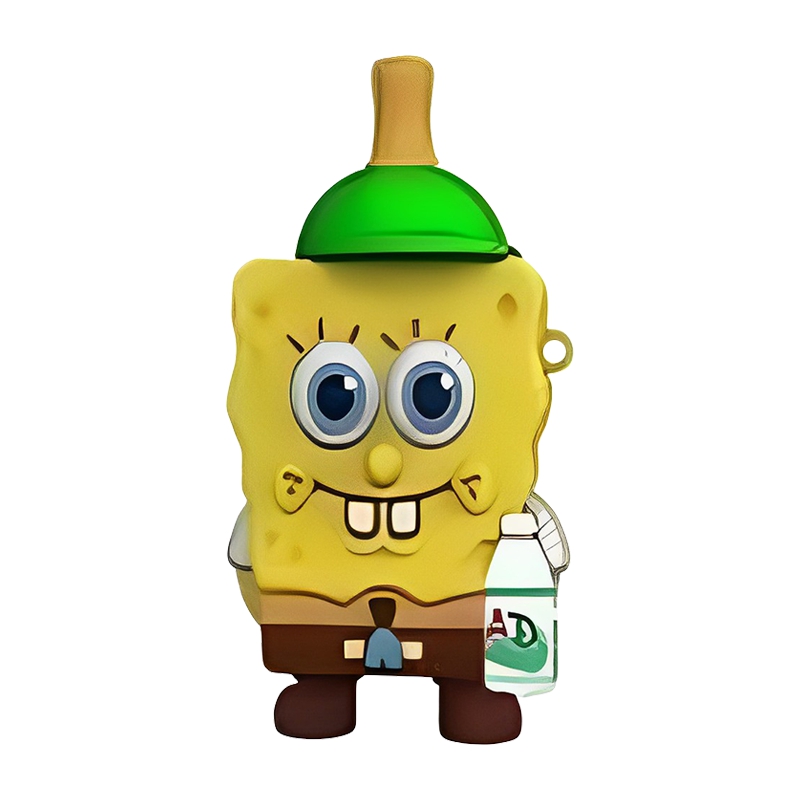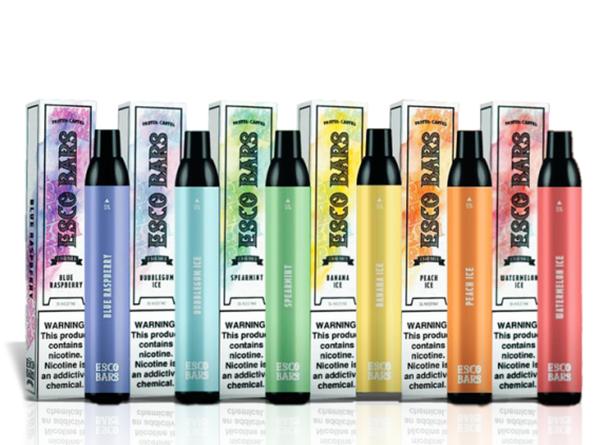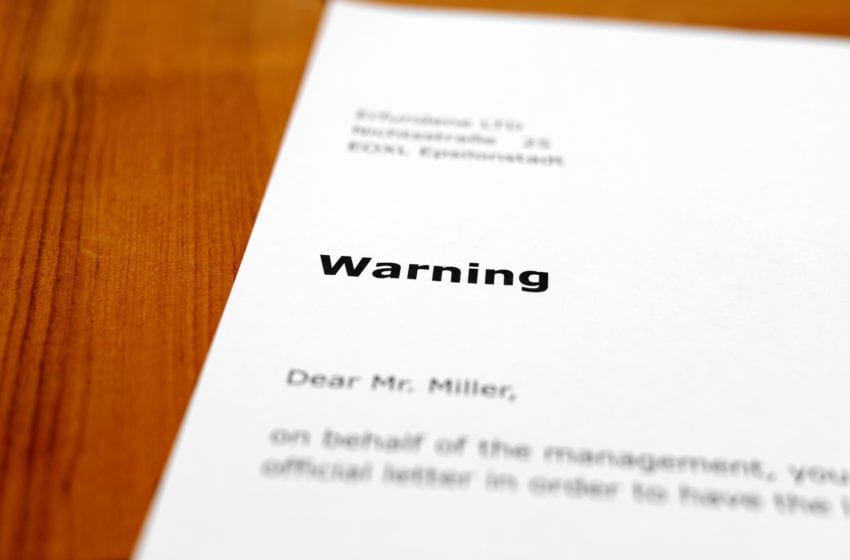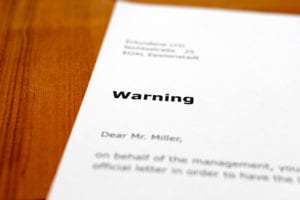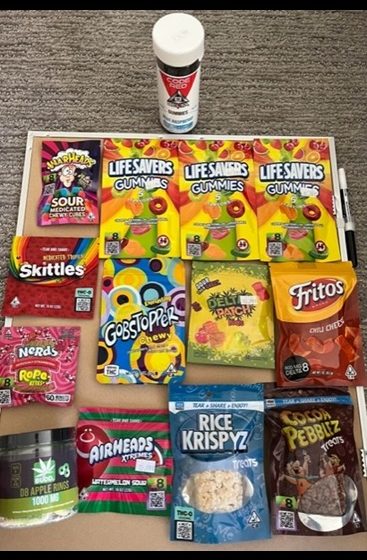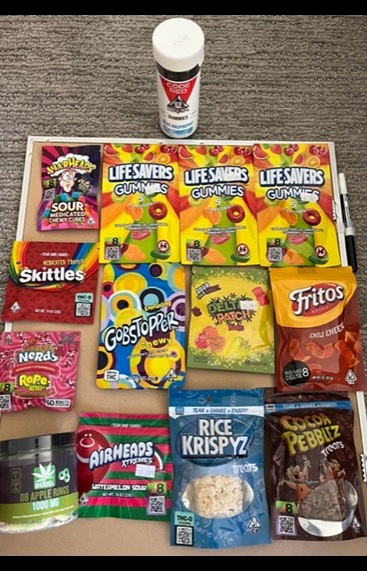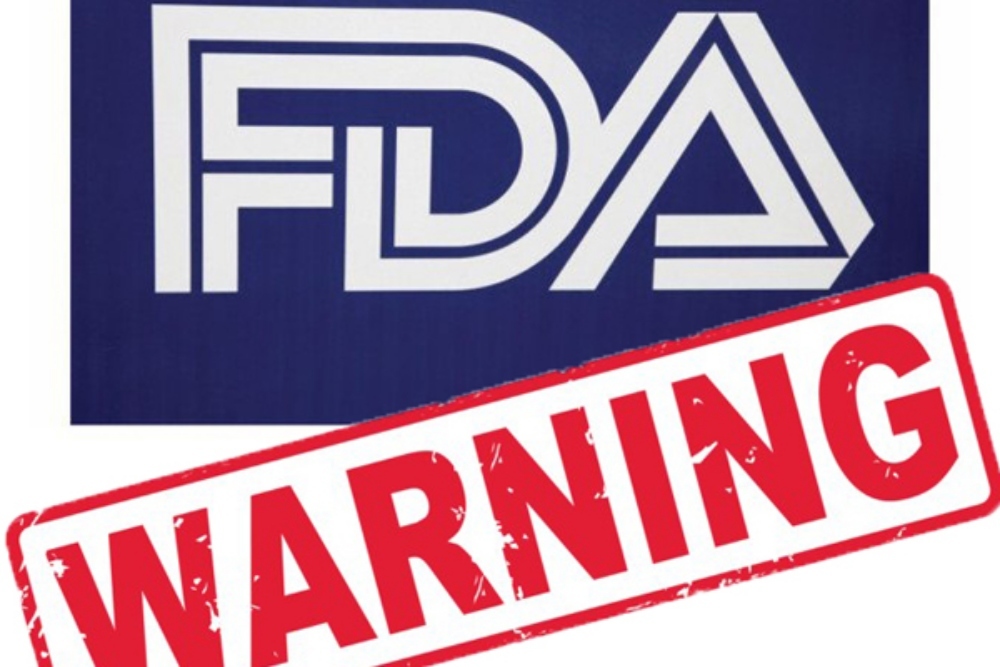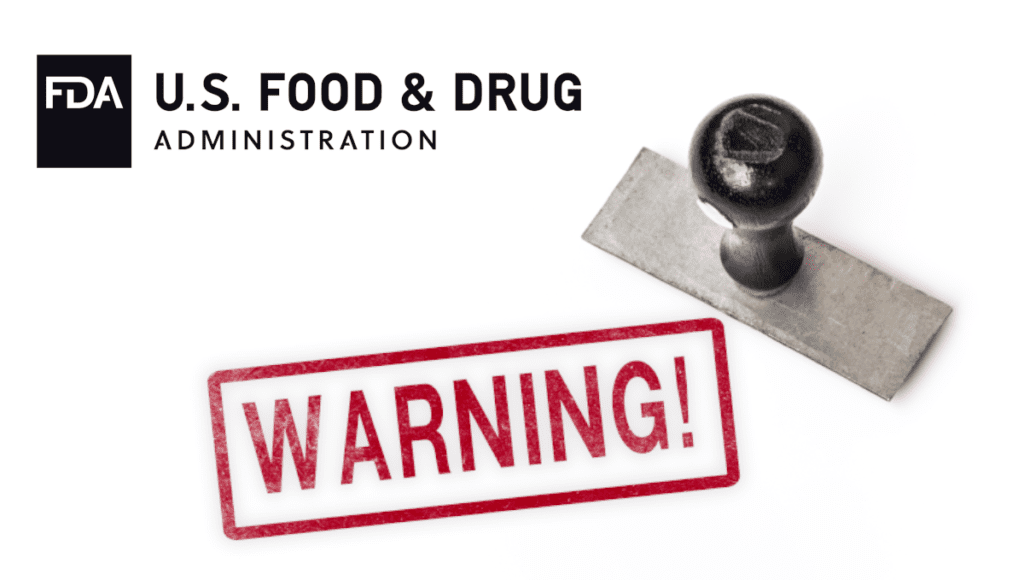
On Dec. 13, the U.S. Food and Drug Administration’s Center for Tobacco Products (CTP) issued warning letters to 11 online retailers selling unauthorized e-cigarette products marketed under the brand names Lost Mary, Funky Republic/Funky Lands, Elf Bar/EB Design, Kangvape, Cali and Breeze. Warning letter recipients are given 15 working days to respond with the steps they’ll take to correct the violations discussed in the warning letter and to prevent future violations. Failure to promptly correct the violations can result in FDA enforcement actions such as an injunction, seizure and/or civil money penalties.
“It is illegal to sell, import, distribute or offer for sale or distribution to U.S. consumers any e-cigarette that has not been authorized by FDA,” said CTP Director Brian King in a statement. “The products identified in these warning letters are being marketed without the required authorization. We can issue, and have issued, warning letters for products for which an application has been submitted and is pending review. For unauthorized tobacco products, the pendency of an application does not create any sort of a safe harbor to sell that product.”
As of December 2023, the FDA has issued more than 400 warning letters to retailers for the sale of unauthorized e-cigarettes and filed civil money penalty complaints against more than 65 retailers and manufacturers for the manufacture or sale of unauthorized products.
To date, the FDA has authorized 23 e-cigarette devices and tobacco-flavored e-cigarette products.

